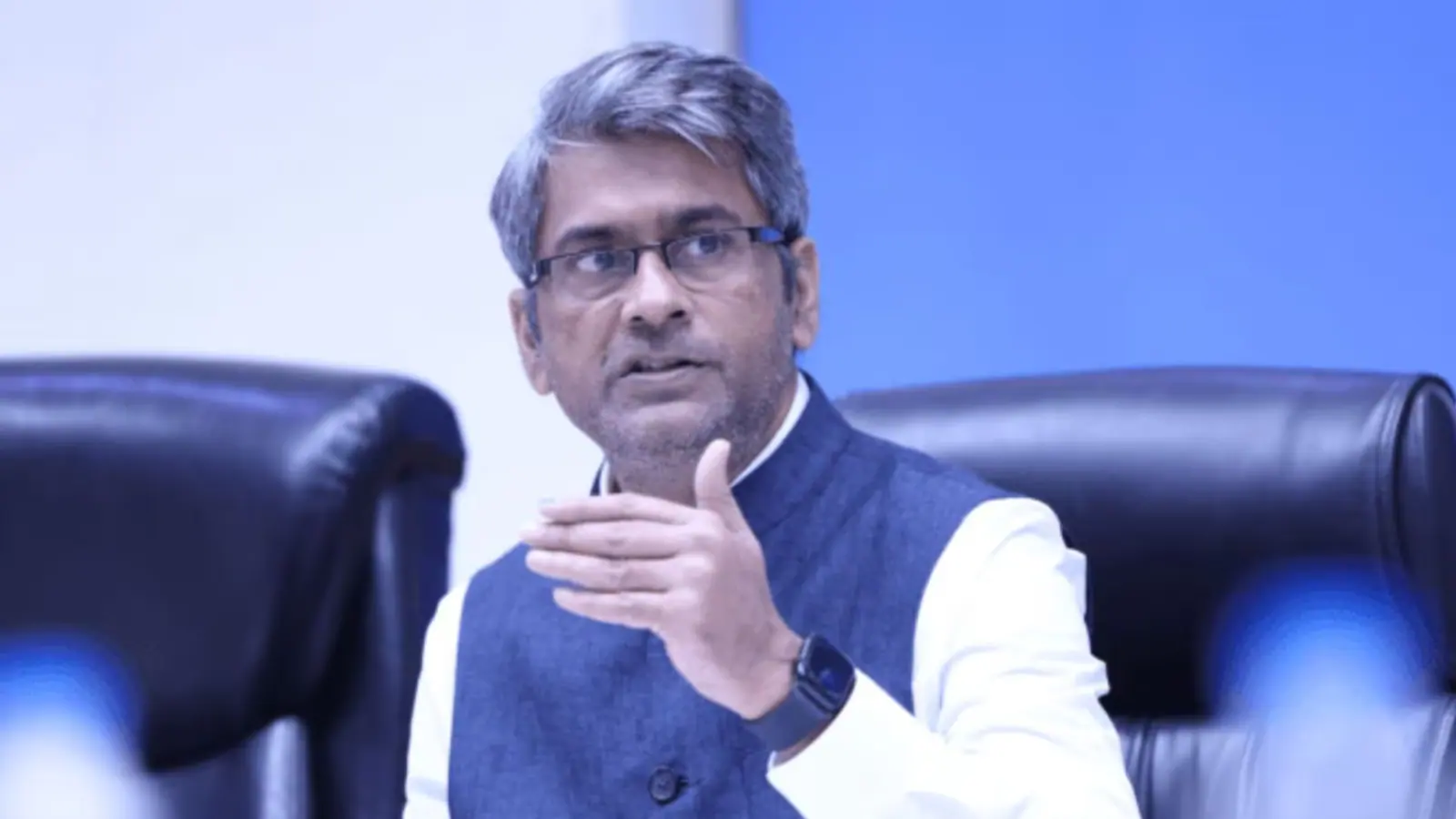By News18
All India Football Federation (AIFF) president Kalyan Chaubey supports the government’s initiative to encourage Indian-origin players living abroad to represent the country, calling it “a ray of hope” for improving the national team’s performance. However, he also highlighted the challenges in implementing the policy.
The new Khelo Bharat Niti (National Sports Policy), approved by the Cabinet on July 1, marks a shift from the previous government stance that only Indian passport holders can represent the country.
“When it comes to the performance of the national team, one of the areas of the policy is something we have worked on actively — the access to India’s diaspora talent and I am happy that the policy included reference to the matter,” Chaubey said in a statement.
“This is a positive statement of intent and the AIFF will continue to work with FIFA and the government to do all things possible to strengthen the national team.
“For some years, there has been a clamour for the inclusion of players with OCI cards in the national team. We’ve seen countries like Vietnam, Sri Lanka, Bangladesh, Malaysia, Hongkong, Singapore, the Middle Eastern Nations, and those in Europe take advantage of Naturalised Players with dual citizenship to strengthen their teams.”
The ban on Overseas Citizens of India (OCI) card holders from representing the country in 2008 prevented many players from contributing to India’s growth in various sports.
However, the 20-page Khelo Bharat Niti document states that sports can serve as a powerful bridge between the Indian diaspora and the country, fostering emotional, cultural, and social connections.
“To strengthen this bond, dedicated sporting events and leagues can be organized specifically for and among the Indian diaspora,” it said.
“Wherever feasible, promising and prominent Indian-origin athletes living abroad may be encouraged to come back and play for India at the international level.”
Why OCI Players Can’t Play Football For India?
Chaubey hinted at possible obstacles in leveraging the policy.
“Some clarifications in the Indian context might be helpful at this stage. As per the FIFA Statutes a player must hold a passport of a nation he or she wishes to represent and must produce it on match day,” he said.
“While an OCI card grants certain social and economic rights to an individual, it is not equivalent to an Indian passport. Given that our laws do not provide for dual citizenship, it is up to us strategies how we may capitalise on the opportunity to access the diaspora talent and integrate them into the national teams as per the FIFA regulations as well as Indian citizenship law.
“The policy direction provides a ray of hope and we are intent on exploring it to its logical conclusion,” he added.
The AIFF formed a task force on this matter in August 2023, and Chaubey mentioned last month that the national federation has contacted 33 OCI players globally.
“AIFF is aligned with the law of the land, but it is actively involved in securing OCI players. It’s a process. Even if there is a list of 300 OCI players, they have to be eligible to play for India,” he said.
“We have made a list of such players and when we get the OCI cards we will give to them and select them by sitting with the head coach.”
Chaubey also stated that the Khelo Bharat Niti 2025 represents a significant policy milestone in transforming sports, particularly football.
At the grassroots level, the AIFF has plans to nurture talented individuals from eight years of age up to the senior level.
“At the lowest age category, 8-10, football is made accessible for the children. When they progress to 12-13 years of age, they are introduced to competitions.
“As they further move on to the U17 and U18 levels, they get high performance training and then on to the U18s and U20s, is transition from youth to professional level,” he said.
(With inputs from PTI)
